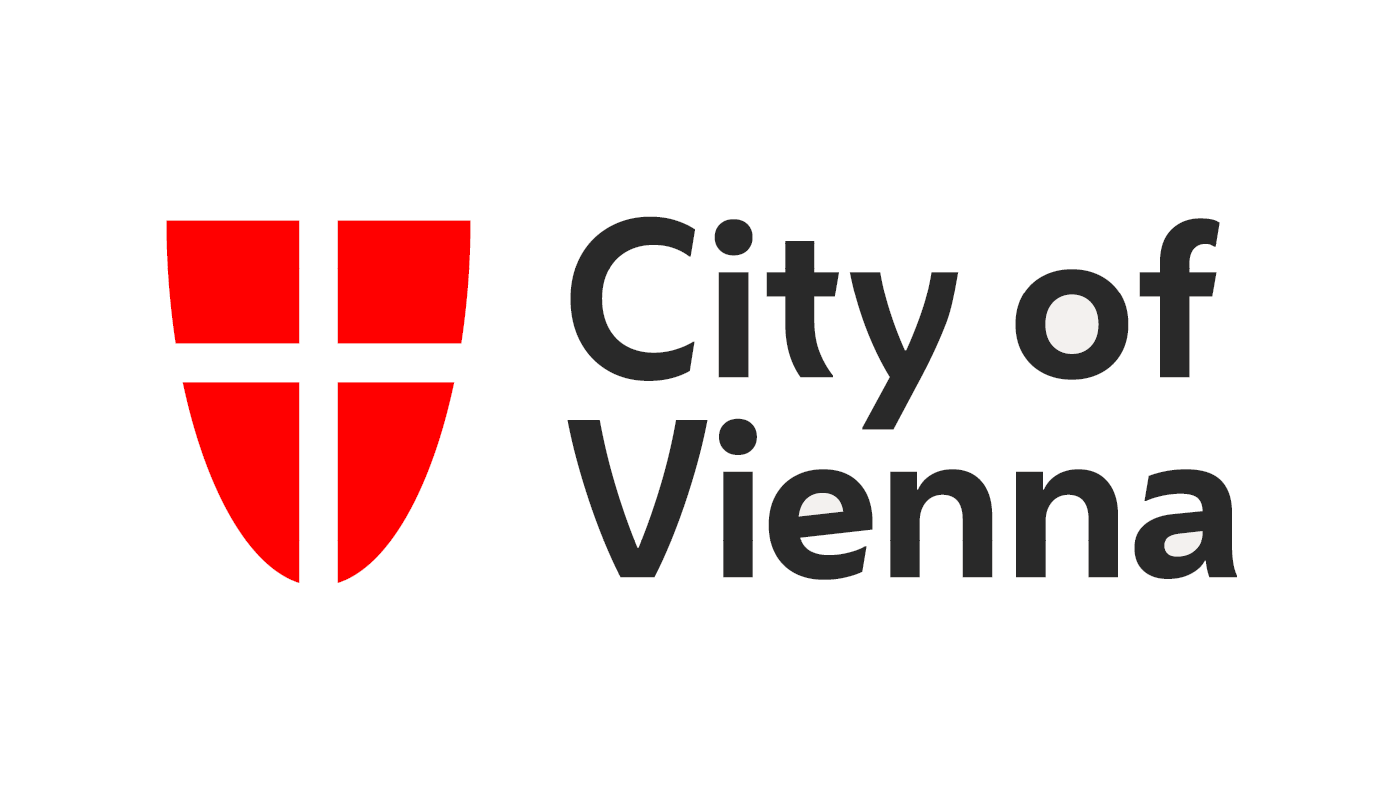“Public health is the societal approach to protecting and promoting health. Generally through social, rather than individual, actions, public health seeks to improve the well-being of communities” (Kass 2001). Additionally, modern public health also involves bioethics and medical ethics more broadly. Kass (2001) stretches several key metrics of public health policy making: To set clear objectives, to get findings that can be feasibly implemented, to have measurable effectiveness, to define potential burdens of the programme, to minimise burdens, fair implementation, to balance burdens and benefits fairly. Generally, public health should be at the helm when it comes to many key challenges of our time. This implies public health must capture more attention from governments also when there is no looming health crisis (Galea & Annas 2016). While efficiency and cost-effectiveness in health care are important, the pandemic has shown that it is overall a mistake to retrench public health care investments (cf. Glied 2020).

